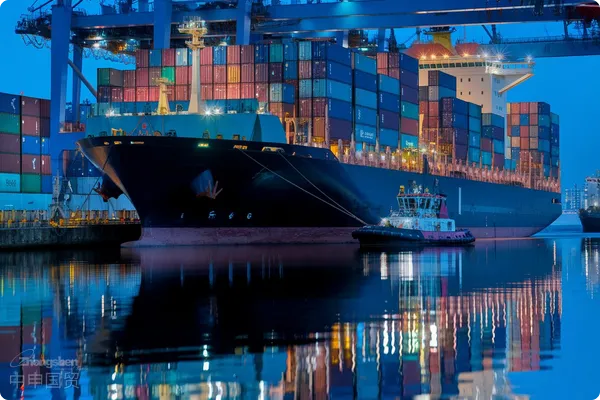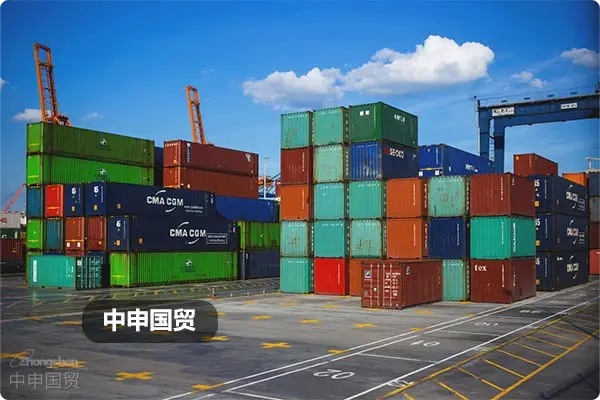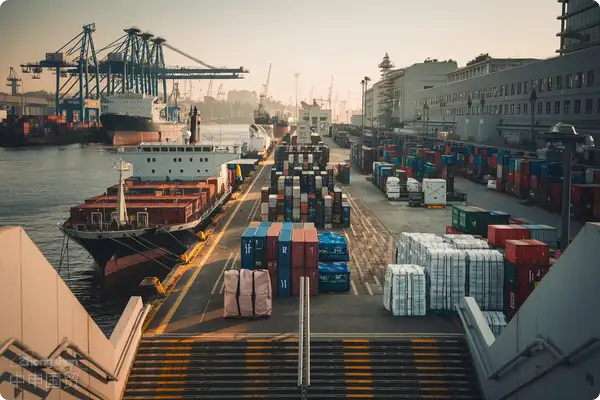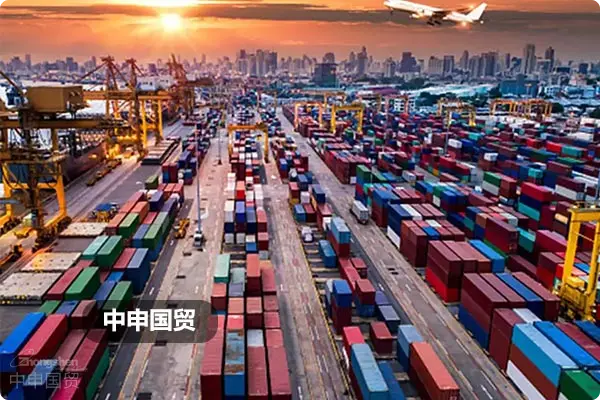- Shanghai Zhongshen International Trade Co., Ltd. - Two decades of trade agency expertise.
- Service Hotline: 139 1787 2118

foreign tradeIn an order, the supplier incorrectly recorded the customers description, leading to the wrong goods being shipped. So, who is responsible in this situation? While it may seem like a whoever made the mistake is responsible issue, in the complex world of foreign trade, responsibility allocation is far from straightforward.
On the surface, whoever made the mistake should be responsible. If you, as the supplier, wrote the customers description incorrectly on the PI (Proforma Invoice), and the customer didnt review it carefully before receiving the PI, leading to the wrong shipment, it appears both parties share responsibility. However, deeper analysis reveals that responsibility allocation is closely tied to the strength of the relationship.
In foreign trade, contracts often rely on commercial trust rather than pure legal enforceability. This relationship is more like a long-term romance—if you see potential in a customer and want to maintain long-term cooperation, you might be willing to compromise to preserve the relationship. Even if the fault isnt entirely yours, you might choose to absorb some losses to maintain goodwill, especially if you value the customers future potential and dont want to jeopardize long-term collaboration over a single mistake.
However, making concessions doesnt mean unconditional compromise. You must recognize that if your concessions only lead to the other party taking advantage, it may be time to reassess the value of the partnership. In some cases, especially when you hold unique competitiveness in a market or product category that competitors cant match, the other party may be more willing to compromise to maintain the relationship, even if the fault lies with them.
Deep Analysis of Responsibility
Responsibility allocation in foreign trade partnerships is rarely as simple as it appears. Its more like a tug-of-war—are both parties willing to lower their standards to continue working together? If theres common ground, both sides can compromise, resolve the issue, and strengthen the partnership. If no compromise is possible, it may be time to part ways.
Therefore, when facing order errors, we must consider not only the legal and contractual aspects but also the commercial trust and long-term relationship. If you believe in the customers long-term value, reasonable concessions may be wise. If the other party doesnt appreciate your efforts and keeps making additional demands, it may be time to reassess whether the relationship is worth continuing.
In the romance of foreign trade, balancing trade-offs is key to maintaining stable, long-term partnerships. This article aims to provide insights to help you navigate communication in foreign trade, preserving customer relationships while safeguarding your interests.
Related Recommendations
? 2025. All Rights Reserved. 滬ICP備2023007705號(hào)-2  PSB Record: Shanghai No.31011502009912
PSB Record: Shanghai No.31011502009912










